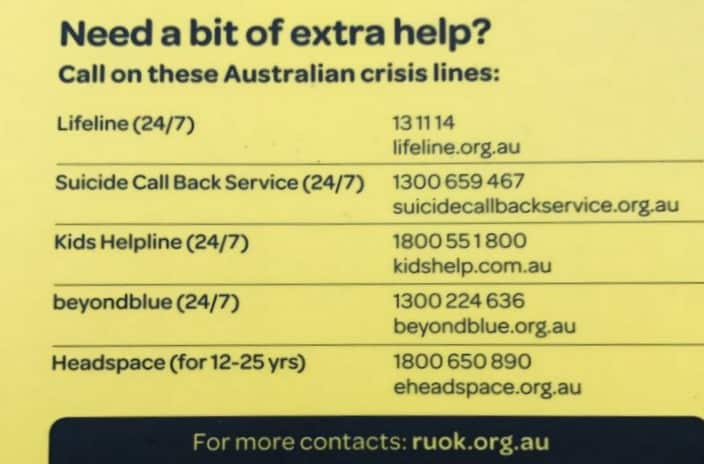Sanam Sharma, an HR expert, was recently a panellist at a conference organised by Victorian Chamber of Commerce and Industry, which focussed on the mental health of employees under the age of 25.
Speaking to SBS Punjabi, Sanam said, "Poor psychosocial quality jobs can damage mental health, whilst high psychosocial quality jobs promote mental health and wellbeing."
"Jobs and workplaces help people forge their identity and contribute greatly to the mental health of employees".
"Whilst long term unemployment can have a negative impact on physical and mental health, jobs give a sense of identity and connection to community, thereby contributing to good mental health."
In another alarming statistic, Sanam said, "Eight Australians commit suicide every day. So it is really important for young Australians to understand the importance of mental well being and seek help if they feel harassed or unduly stressed."

Sanam went on to identify the following signs of workplace stress:
- Feeling anxious, irritable, or depressed
- Apathy, loss of interest in work
- Problems in sleeping
- Fatigue
- Trouble in concentrating
- Muscle tension or headaches
- Stomach problems
- Social withdrawal
- Using alcohol or drugs to cope
How can employers help young workers at the workplace?
- Be mindful of the language used in the workplace
- Provide mental health training as part of induction processes
- Give reassurance that the role will be fine, if the employee needs to take time off
- Provide flexible working hours so employee can attend doctor appointments
- By responding to mental ill-health as they would to an employee with a physical illness
- Protect, promote and address mental health problems
- By recognising that dignity and respect at work is essential
- Managers don’t need to become mental health experts, but they do need to be able to recognise signs of possible mental health problems, how to talk to people about it, and how to refer people to professional help when needed.
"Most organisations have a free and confidential Employee Assistance program, and employees should use it, safe in the knowledge that event the employer isn't given any details of such calls for help. Apart from this, organisations like Headspace are really useful for young employees," said Sanam.
Helplines available:
- Check with your employer if they provide an Employee Assistance Program (EAP) – it is usually a free and confidential service afforded to employees and their direct family members
- Headspace – This is a counselling service for young workers – they have an online portal too for confidential chat (eHeadspace)
- Personal Helpers and Mentors Program – An Australian Government Initiative
- WorkSafe Victoria (or its related counterparts in other States and Territories)
- Your personal GP or treating medical practitioner

For more news and updates, follow SBS Punjabi on Facebook and Twitter.
